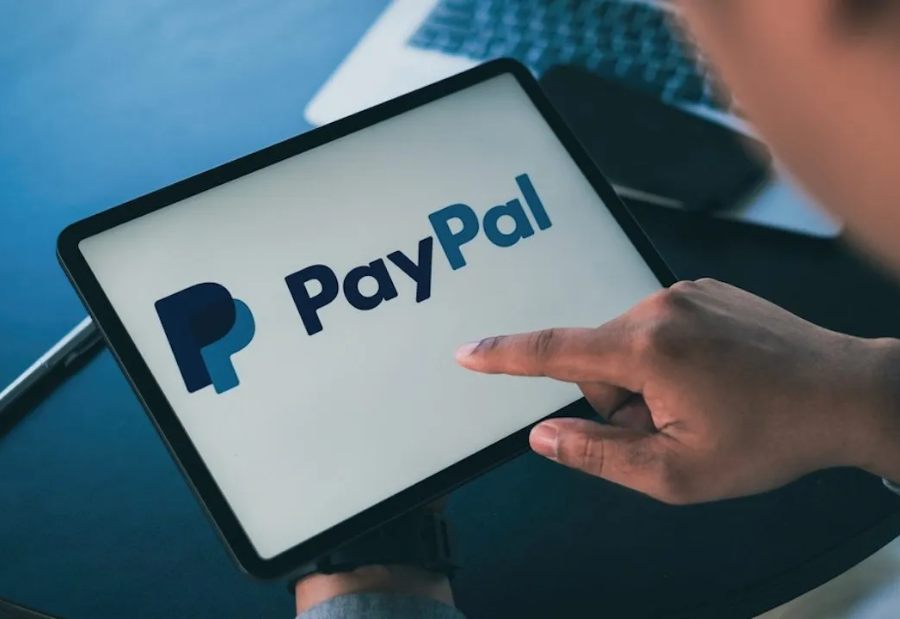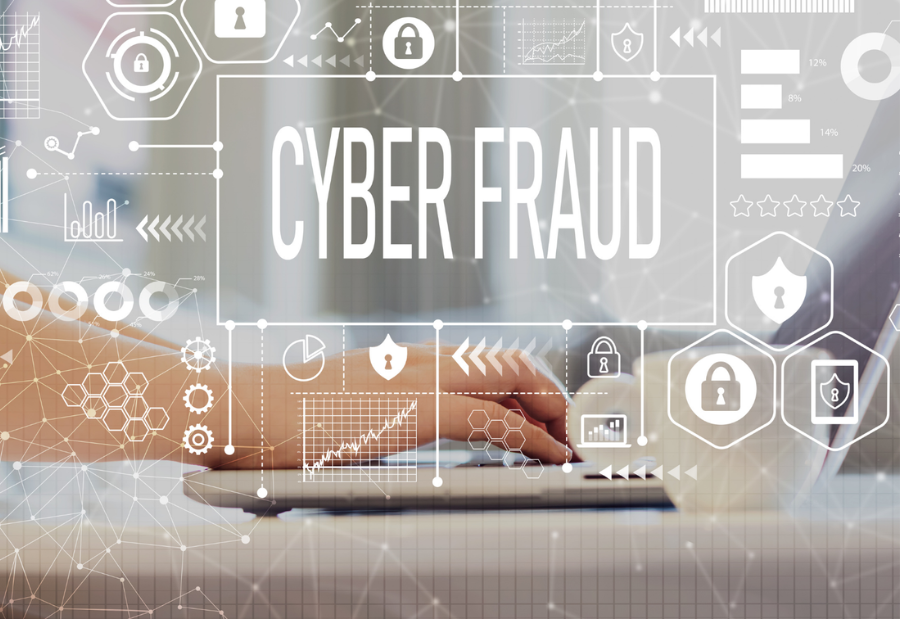A major disruption in Europe’s digital payment network occurred this week when a malfunction in PayPal’s fraud detection system triggered widespread payment freezes, leaving billions of euros in legitimate transactions blocked.
The issue began on Monday, when several European banks detected an unusual wave of unauthorized direct debit requests coming from PayPal. In response, financial institutions across the region moved quickly to contain the problem. Some banks suspended all PayPal transactions while others imposed selective blocks, but the effect was immediate and widespread. Industry estimates suggest that around €10 billion, equal to nearly ₹1.02 lakh crore, was impacted before systems began to recover.
By Tuesday, PayPal confirmed that the fault had been resolved and said it was working with affected banks to restore normal payment flows. The company described the matter as a “temporary service interruption,” but the fallout has highlighted serious concerns about the resilience of Europe’s digital payment systems.
The disruption was particularly severe in Germany, where PayPal accounts for almost 30 percent of online transactions. Analysts say that dependence on the platform has grown as German consumers prefer PayPal’s privacy protections over local banking apps. The outage has exposed how heavily the economy relies on a single provider and how a technical glitch can ripple through entire national markets.
Consumer advocacy groups have advised PayPal users to update their passwords as a safety measure, though the company has denied that the incident was linked to any external cyberattack. The warning comes amid separate claims from cybercriminal groups that they possess millions of stolen PayPal login credentials, an allegation the company has strongly rejected.
Experts note that the incident raises wider questions about how financial institutions and payment companies prepare for unexpected system failures. The reliance on a handful of global platforms has created an environment where even temporary disruptions can affect millions of customers and businesses.
While services are now returning to normal, the episode has intensified calls for stronger safeguards, greater diversification of payment platforms, and closer cooperation between banks and digital providers to prevent similar incidents in the future.
Also read: Viksit Workforce for a Viksit Bharat
Do Follow: The Mainstream formerly known as CIO News LinkedIn Account | The Mainstream formerly known as CIO News Facebook | The Mainstream formerly known as CIO News Youtube | The Mainstream formerly known as CIO News Twitter |The Mainstream formerly known as CIO News Whatsapp Channel | The Mainstream formerly known as CIO News Instagram
About us:
The Mainstream formerly known as CIO News is a premier platform dedicated to delivering latest news, updates, and insights from the tech industry. With its strong foundation of intellectual property and thought leadership, the platform is well-positioned to stay ahead of the curve and lead conversations about how technology shapes our world. From its early days as CIO News to its rebranding as The Mainstream on November 28, 2024, it has been expanding its global reach, targeting key markets in the Middle East & Africa, ASEAN, the USA, and the UK. The Mainstream is a vision to put technology at the center of every conversation, inspiring professionals and organizations to embrace the future of tech.




